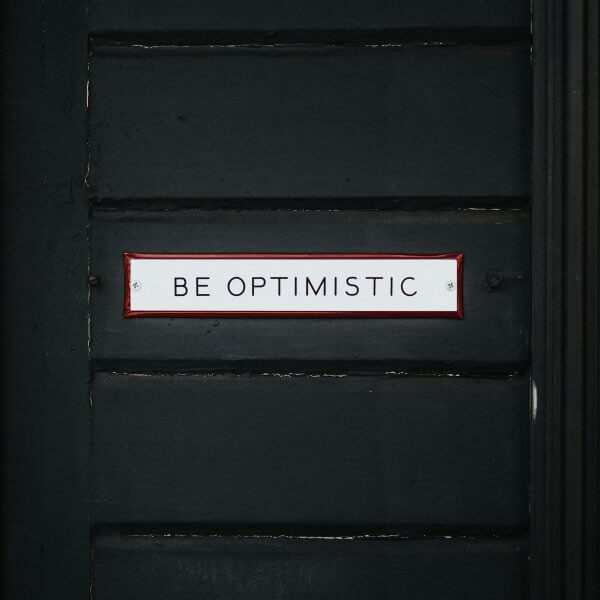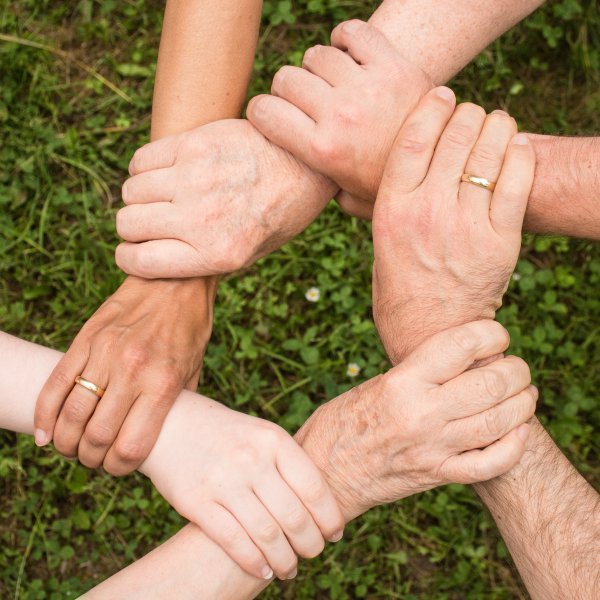“There is power in community and events”
A short time ago, there was a growing sense of confidence and life getting back to ‘normal’, which was exciting. Now with lockdowns and restrictions in various places across the country, we have been working through fears and cancellations with Hosts and Guests and reflecting on the impact of the pandemic.
The health and economic implications of COVID-19 are impossible to ignore and continue to hit hard – across Australia and our region and around the world. We are all vulnerable. Radical changes, including mask-wearing, social distancing, risky work, less work, no work, working from home, schooling at home and restrictions to our liberty, leave us in no doubt that we need to rapidly adapt to this new normal.
There is power in community and events. We are optimistic that the rollout of vaccinations, rapid testing, COVID Sensors and ultra-low interest rates will restore demand for community space and accelerate recovery because these are important places of connection and belonging.
So what is impact, and how is it measured?
The Social Impact Institute focusses on measuring, reporting, and communicating social impact for social sector organisations. Their objective is to build frameworks to provide funders, donors, executives, teams, and their clients, families, and carers with data to validate and improve programs and service models, innovate, and tell their stories to achieve engagement and support.
Achieving impact is also an increasing concern of corporations. The Deloitte Navigating the New Normal, Social Impact Report, 2020, sets out their purpose – to make an impact that matters. They tell compelling stories of working with clients and communities on the challenges of bushfires, climate change and COVID-19 to build resilient communities and an inclusive culture.
The measurement of impact is not a new phenomenon. Scholars, lawyers, librarians, and academics have systemised impact using citation index for nearly a thousand years. Citation establishes an author’s creditability by allowing users to readily establish which later documents cite which earlier papers. Today, the impact factor (IF) for a journal is a measure of the frequency with which the average article has been cited in a particular year. IF is used to measure the importance or rank of a journal by calculating the times its articles are cited. For example Kolabtree lists the top 20 medical journals for physicians to publish in, ranked by IF and readership.
Driven not by data, instead by her heart, Rachel Griffiths, actress and director, in, Finding The Archibald, celebrates the centenary of the Archibald Prize. She artfully navigates us through 100 years of history to identify the one portrait that she believes reflects the nation’s changing face and will stand the test of time – that will have an enduring impact. What will chronicle the time and create meaning and resonance? What will cause us to pause, question, consider and embrace a new way of thinking or point of view?
Today at Vennu®, we measure impact through case studies. Working with Dr Krzysztof Dembek at the Centre for Social Impact Swinburn, Swinburne University of Technology, and his students, we have explored the theory of change and developed an impact framework with measures: resilience, productivity, sustainability, and economic growth and provide a robust model for us as we scale and grow.
Suzanne Campbell
CEO and Founder
Vennu




